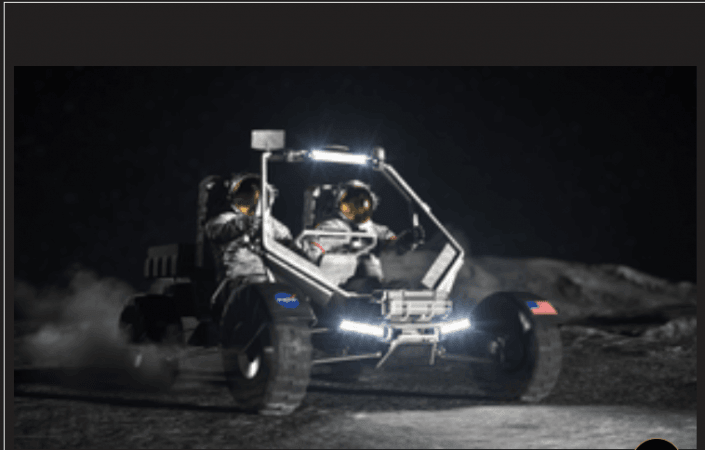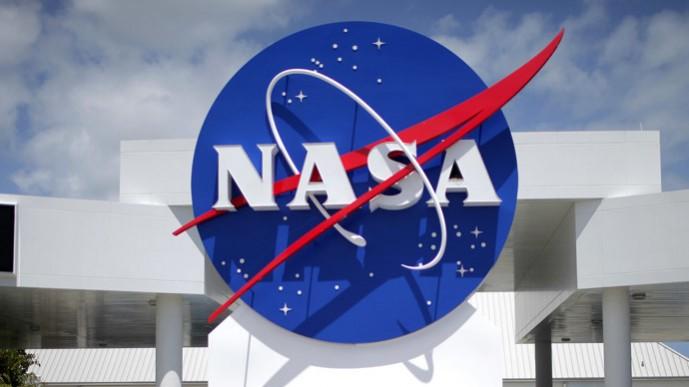
The US space agency NASA has selected three companies — Intuitive Machines, Lunar Outpost, and Venturi Astrolab — to develop a lunar terrain vehicle (LTV) that Artemis astronauts will use to travel around the Moon's surface.
The vehicle will help conduct scientific research during the agency's Artemis campaign at the Moon and preparing for human missions to Mars, NASA said in a statement.
"We look forward to the development of the Artemis generation lunar exploration vehicle to help us advance what we learn at the Moon," said Vanessa Wyche, director of NASA's Johnson Space Center in Houston.
"This vehicle will greatly increase our astronauts' ability to explore and conduct science on the lunar surface while also serving as a science platform between crewed missions," Wyche added.
NASA intends to begin using the LTV for crewed operations during Artemis V.
The contract with "firm-fixed-price task orders" has a combined maximum potential value of $4.6 billion for all awards.

Each provider will begin with a feasibility task order, which will be a year-long special study to develop a system that meets NASA's requirements through the preliminary design maturity project phase.
Between Artemis missions, when crews are not on the Moon, the LTV will operate remotely to support NASA's scientific objectives as needed.
Outside those times, the provider will have the ability to use their LTV for commercial lunar surface activities unrelated to NASA missions, said the space agency.
"We will use the LTV to travel to locations we might not otherwise be able to reach on foot, increasing our ability to explore and make new scientific discoveries," said Jacob Bleacher, chief exploration scientist at NASA Headquarters in Washington.
Through Artemis, NASA will send astronauts – including the first woman, first person of colou, and its first international partner astronaut – to explore the Moon.
(With inputs from IANS)
















